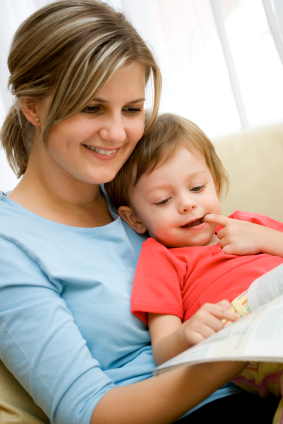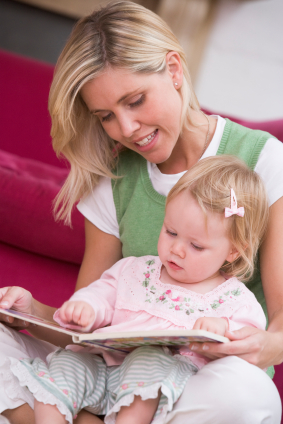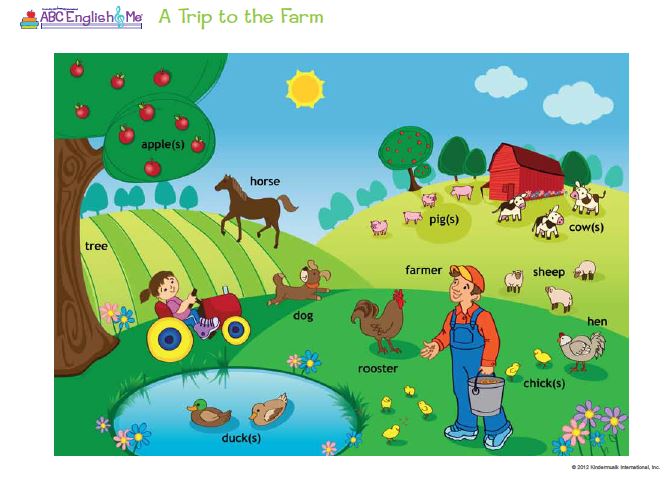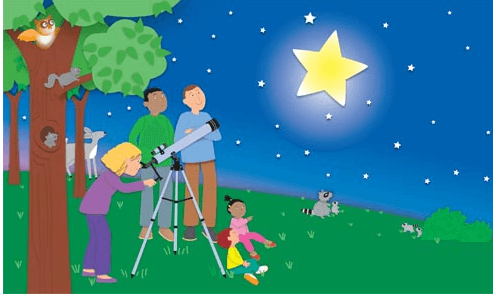 “You may have tangible wealth untold: caskets of jewels and coffers of gold. Richer than I you can never be… I had a mother read to me.” – Strickland Gillilan, The Reading Mother
“You may have tangible wealth untold: caskets of jewels and coffers of gold. Richer than I you can never be… I had a mother read to me.” – Strickland Gillilan, The Reading Mother
Reading aloud to a child is the most powerful way to prepare her for success in reading. . In her book, Reading Magic, author Mem Fox explains that “…the more language a child experiences through books and conversation with others, the more advantaged socially, educationally, and in every way that child will be for the rest of his or her life.” That’s some pretty powerful motivation for reading aloud – plus you get the cuddles and the memories too!
Tips for reading with babies
Begin introducing books at about 4 months of age.
This is about the age when babies become interested in objects – like books! At first vinyl and cloth books will be best since babies learn by putting things in their mouths. Your little one will be ready for board books at about 6 months of age.
Have realistic expectations.
Even a few minutes in your lap engaged with a book should be considered a success! Don’t worry… As your child grows, so does their attention span. And when it comes to early reading experiences, it’s okay to let your child take the lead. At this age, it still counts as “reading” if they are opening/closing the book, stacking books, or even just looking at a few of the pictures on a page.
Establish a routine.
By around 1 year of age, you can establish a regular reading routine – after breakfast, before nap time, after bath time – whatever is best for your child. By now, your child may even have a favorite book that they like to read over, and over, and over…. and over again. That’s okay – repetition strengthens the brain!

BONUS! For more great ideas for reading with your baby, check out this free activity from Kindermusik @Home: “Reading” with Baby










